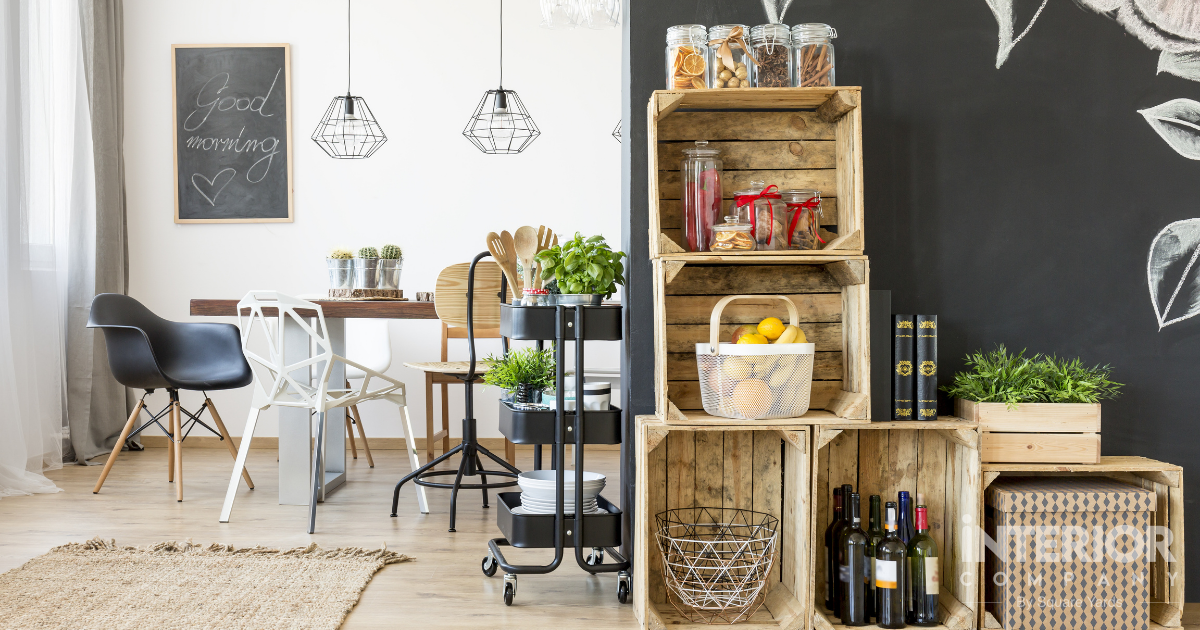- Home
- Trends
- Furniture And Decor
- Gardening
- Winter Flowering Plants
17 Beautiful Winter Flowers That Grow in Cold Season
Who says winter has to be dull and dreary? Forget the barren brown scenes – we’re bringing colour to the cold season with an array of winter flowers that’ll make your garden pop. Think snowdrops and winterberry for a classic touch, or mix things up with unexpected delights like ornamental kale. And who knew fragrant blooms like camellias and the sturdy witch hazel could steal the winter spotlight?
Table of Content
Whether you’re in the snowy north or the sunny south, there’s a winter flower waiting to bloom in your garden. Just remember to plant those perennials in the fall, and you’ll be treated to a burst of nature’s own fireworks when winter’s chill is at its peak.
You no longer need to say, 'Agh, I live in the coldest of cold places; there is no way I can have a beautiful garden!' In this curated collection of 17 winter flowers that can survive the coldest of months, you will discover the vibrant world of winter flowers and your companions in turning the cold canvas into a masterpiece of warmth and hues.
Get ready to watch your garden transform into a vibrant wonderland, and give you that feeling that spring is just around the corner.
Daffodils
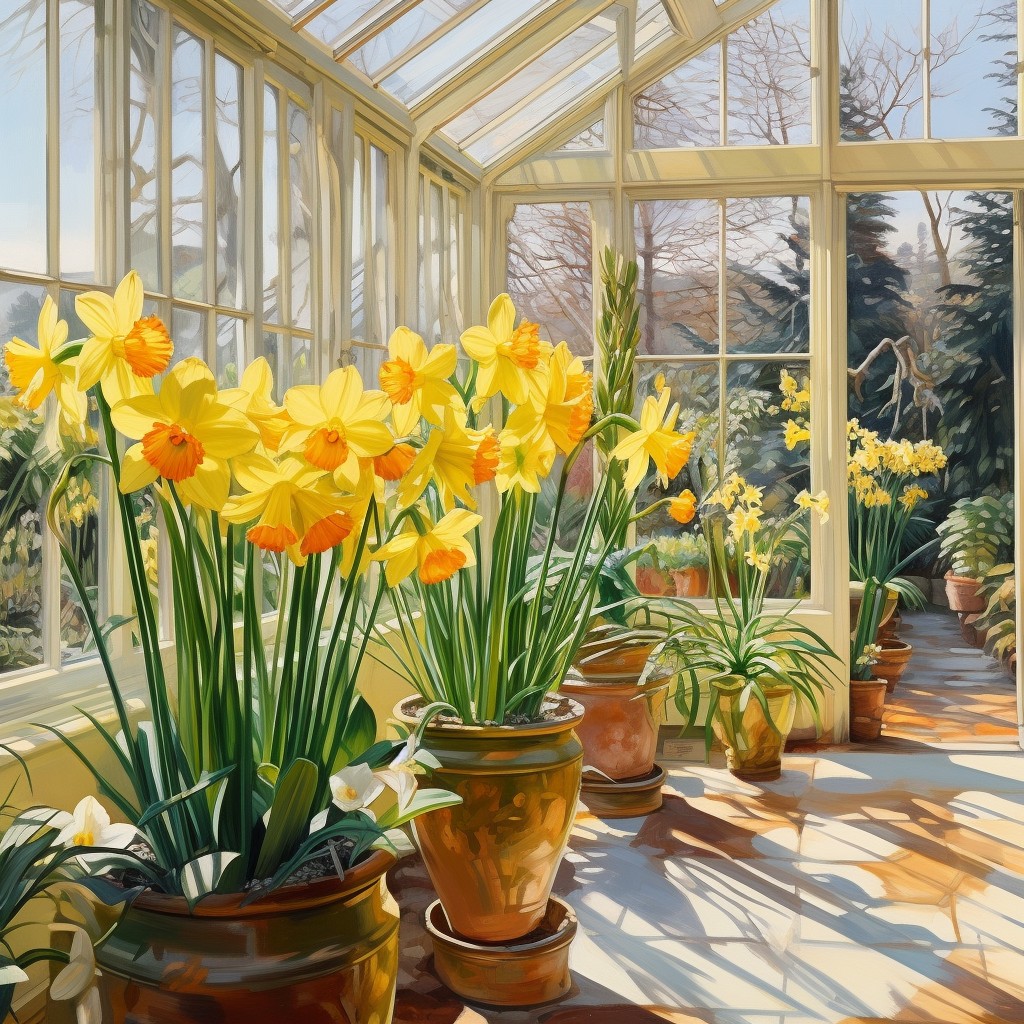
Daffodils are resilient perennials perfect for winter gardens, blooming in late winter or early spring. With thousands of varieties available, these easy-to-grow flowers bring a burst of showy yellow or white to borders, woodlands, and even pots, making them an ideal choice for winter cheer and vibrant cut flower arrangements.
Daffodils are tough and resilient, thriving in winter conditions from zones three to eight. Once you plant these bulbs, they’ll come back to brighten your garden every spring, often multiplying for an even more impressive display.
Lily of the Valley Shrub
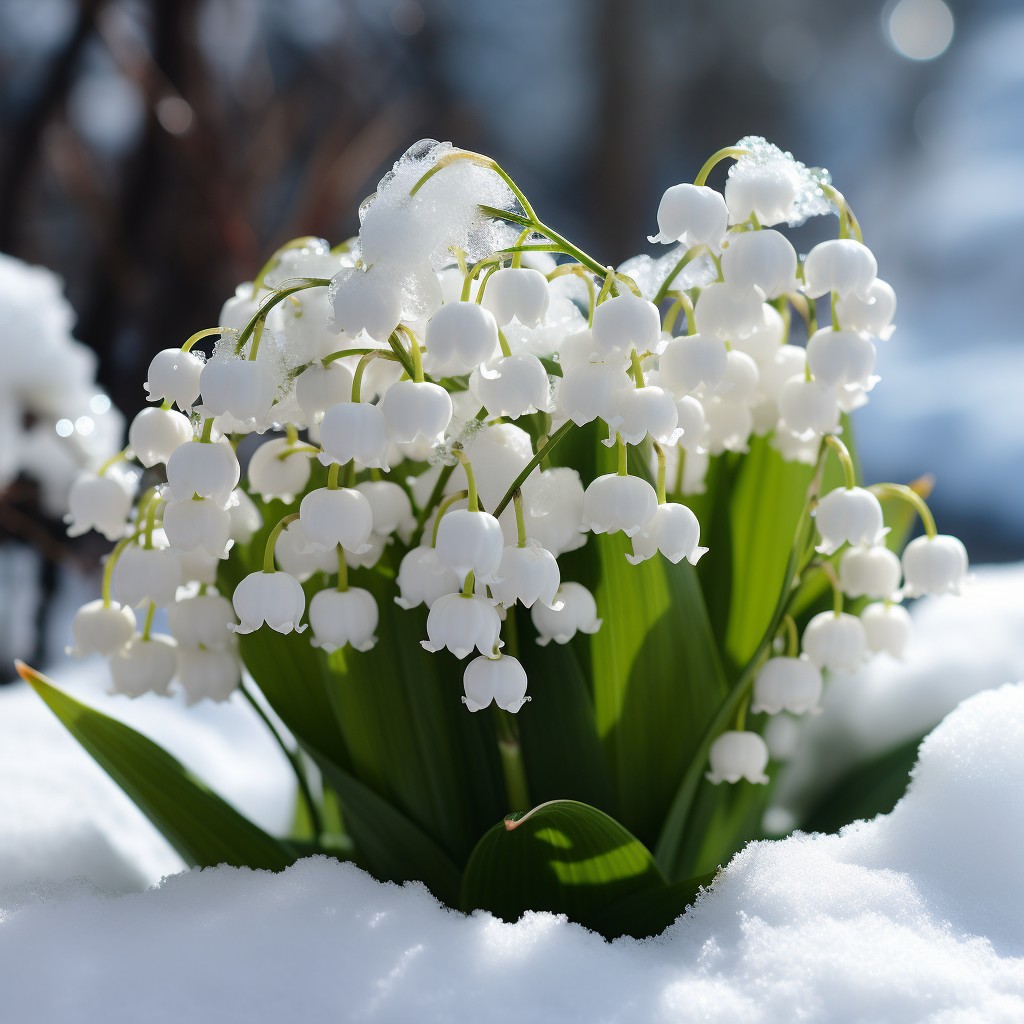
Blooming in late winter or early spring, this evergreen shrub withstands below-freezing temperatures and boasts clusters of bell-like flowers on delicate stems, adding a showy touch to the garden when it’s least expected.
Although the roots of this flower love the water, once they bloom, they remain quite drought-tolerant, making them perfect for the winter chill. Royal brides love using the Lily of the Valey shrub in their bridal bouquets.
Also Read: 42 Beautiful Flower Images That Uplifts Mood and Gives You Major Inspiration
Primrose
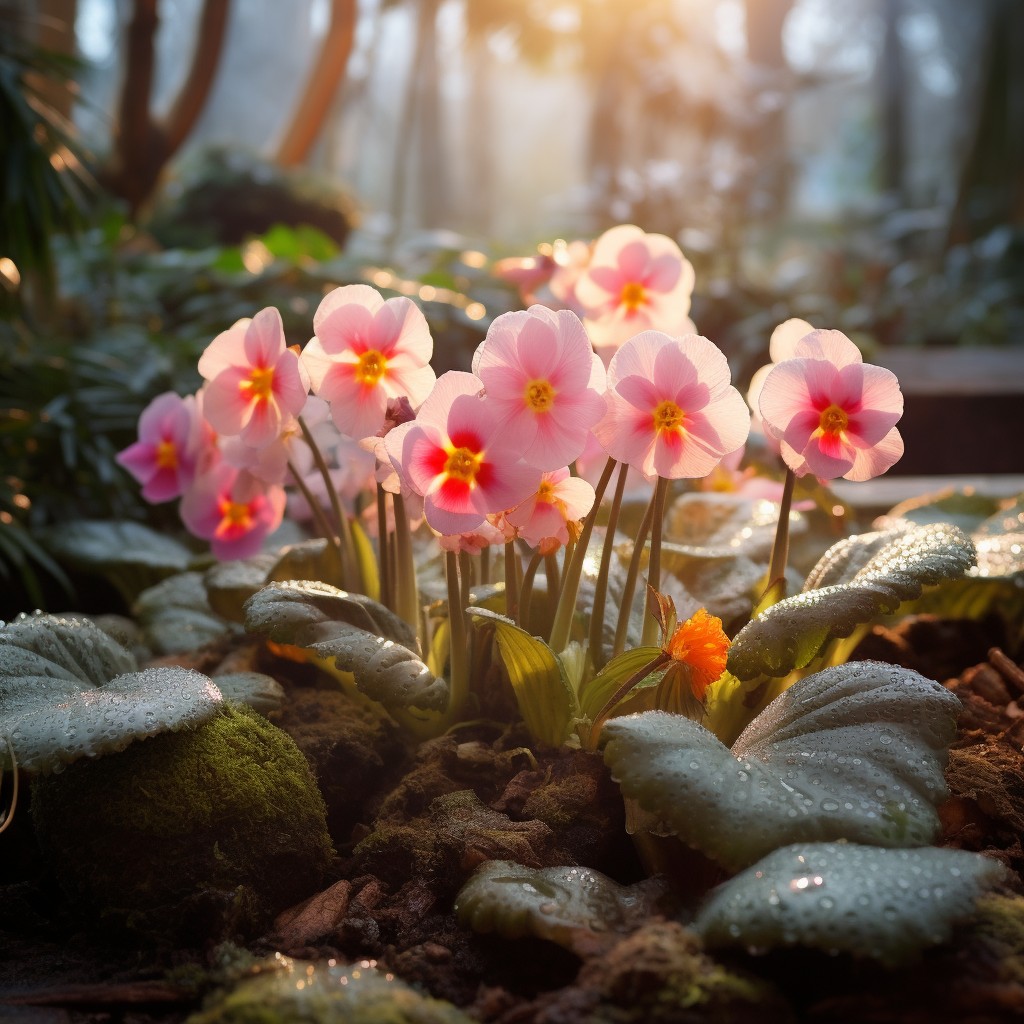
With their vibrant winter blooms, primroses stand out as excellent choices for colourful plants. Planted in February, these perennials thrive in partial shade, requiring regular watering and well-draining, slightly acidic soil. Offering a variety of types, choose primroses suited for your USDA Hardiness zone to enjoy their dainty flowers from late winter to early spring.
A little-known fact about these amazing flowers is that they serve various purposes, from healing wounds to acting as a sedative and addressing conditions like haemorrhoids. So, really, you're growing beautiful medicines in your winter garden!
Ornamental Kale
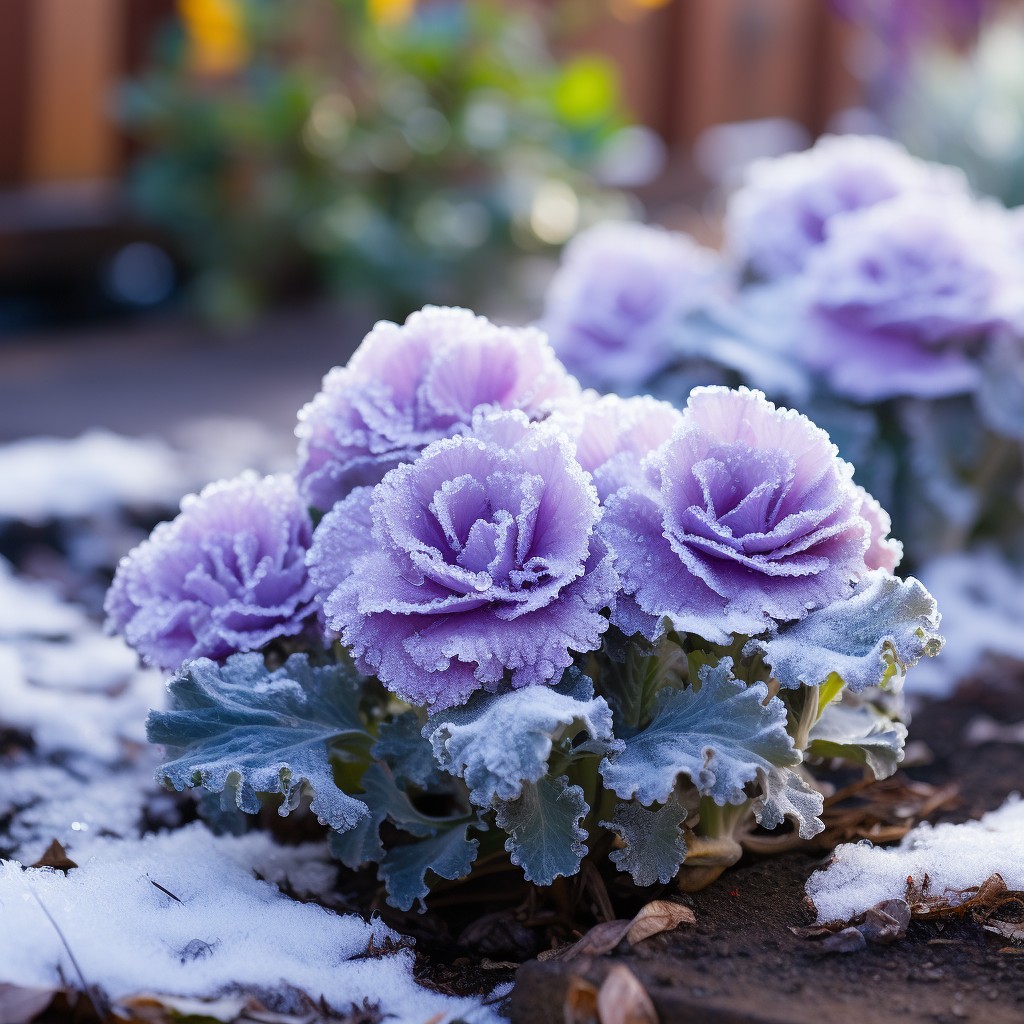
Flowering kale, adored for its vibrant colours, thrives in colder seasons, with planting opportunities in early spring and fall when temperatures drop below 50 degrees F. Embracing the cold, these slow-growing plants, reaching 12 to 18 inches in height and width, endure temperatures from around 5 to 50 degrees F. To protect them from cold and harsh weather, cover these resilient plants during winter and keep them shaded in warmer months to protect that beautiful purple glow.
Crocus
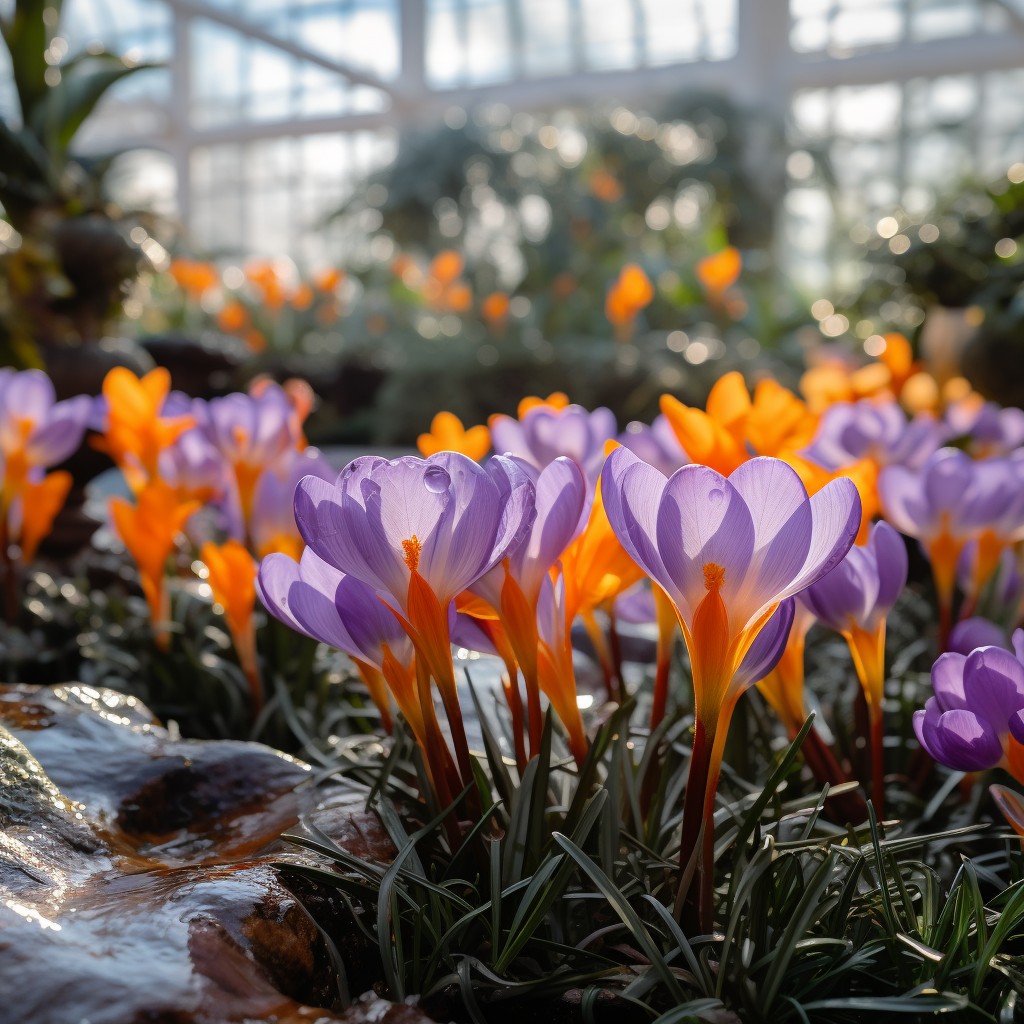
Crocuses, the harbingers of spring, burst onto the scene with surprising speed, transforming dormant landscapes into vibrant displays of colour. These resilient flowers bloom from late winter to early spring, creating cheerful borders, enhancing seasonal containers, or forming captivating carpets when planted in lawns.
Crocuses don’t just limit their show to spring; some varieties grace gardens with autumn blooms. Their unique growth pattern sees buds emerging alongside foliage without distinct stems, allowing multiple blossoms to flourish rapidly. By planting clusters of crocus bulbs, your garden becomes a delightful haven of colour precisely when you crave it.
Pansies and Violas
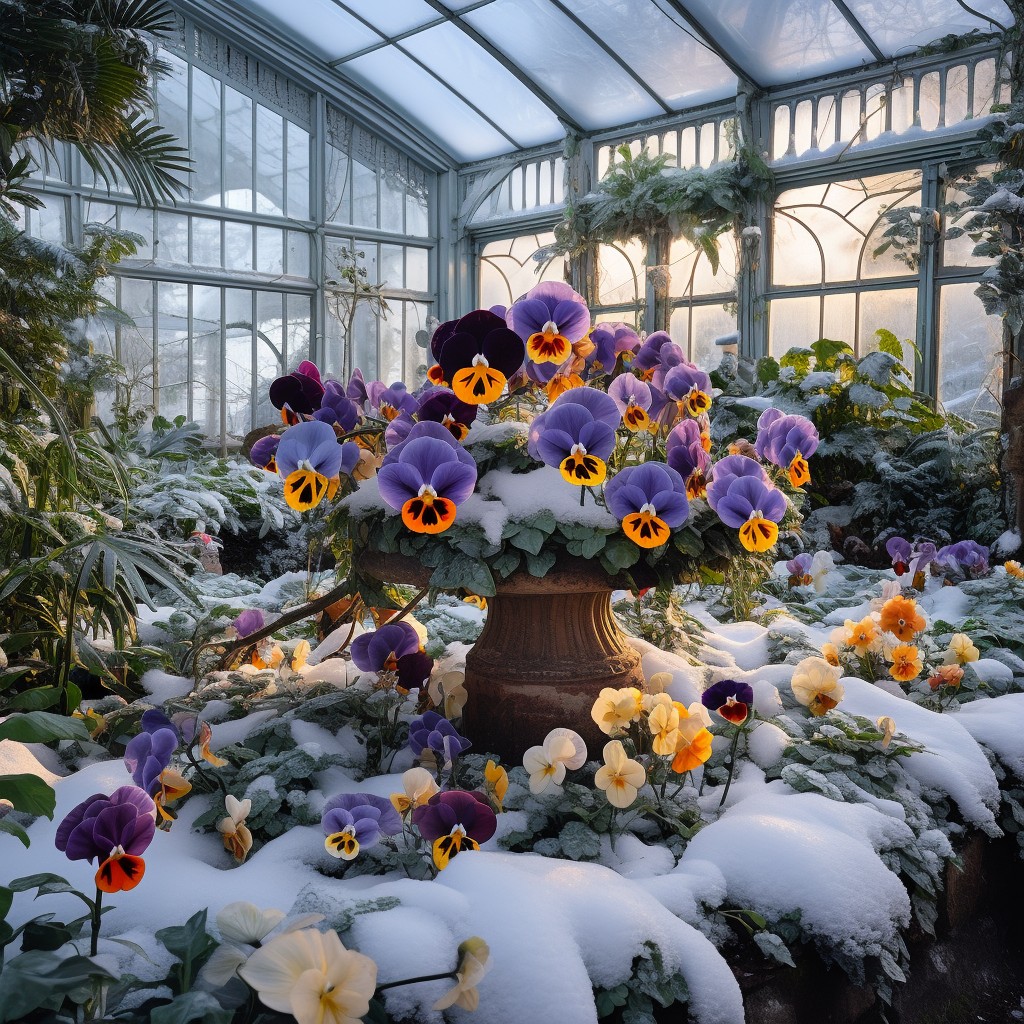
Pansies and violas emerge as delightful companions in fall and winter flowerbeds, defying the typical seasonal expectations of many flowers. These cold-tolerant wonders bring a rare touch of winter flowering elegance to the garden.
With their multi-coloured faces, pansies and violas become vibrant focal points in early spring, exuding a delicate perfume that adds an enchanting dimension to the outdoor space. What's better? They don't just sit there looking pretty ' they are also edible!
Winterberry
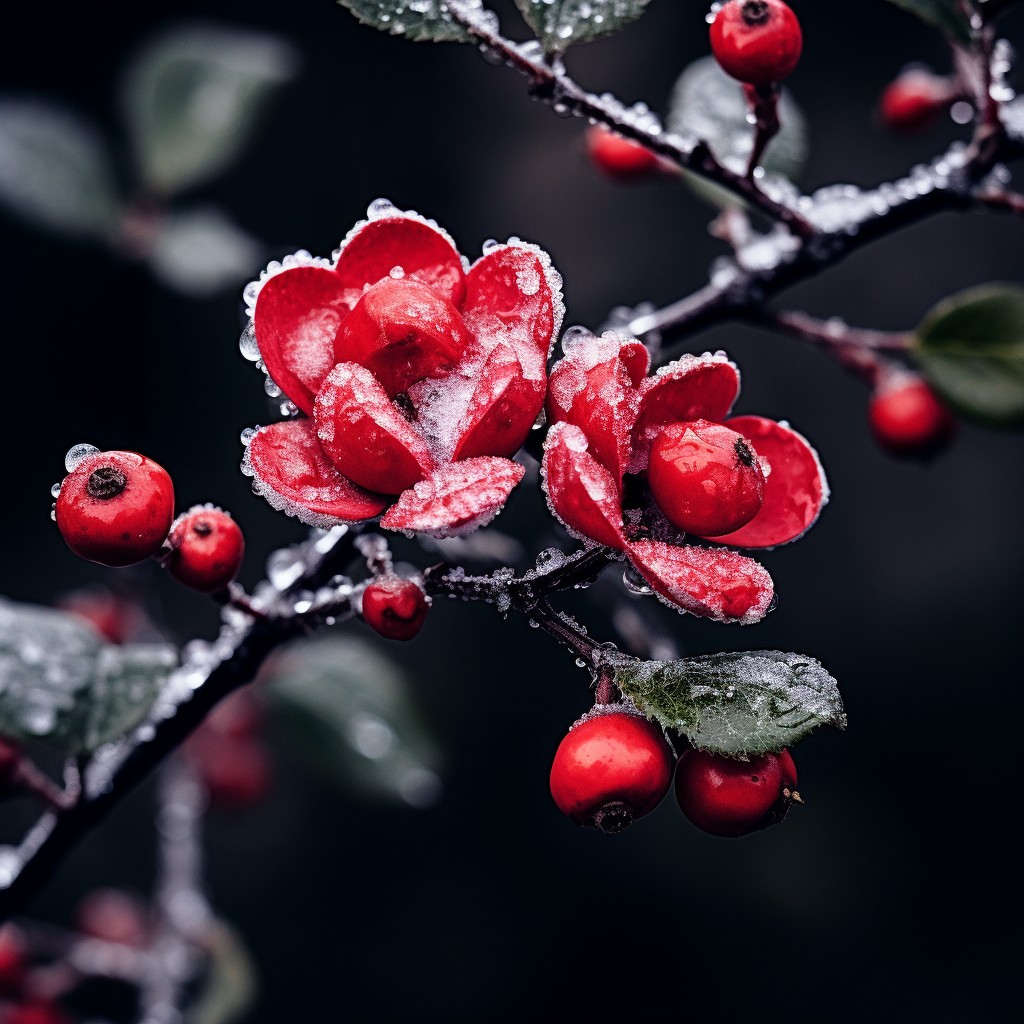
Winterberry is a local hero in Minnesota ' a shrub that adds not only vibrant pops of colour but also serves various roles in your outdoor space. This native gem can act as a natural fence, giving you privacy or creating a green barrier to shield unwanted sights. The real magic happens in fall and early winter when the female plants get dressed up in bright red, orange, or yellow berries, turning your yard into a winter wonderland.
Witch Hazel
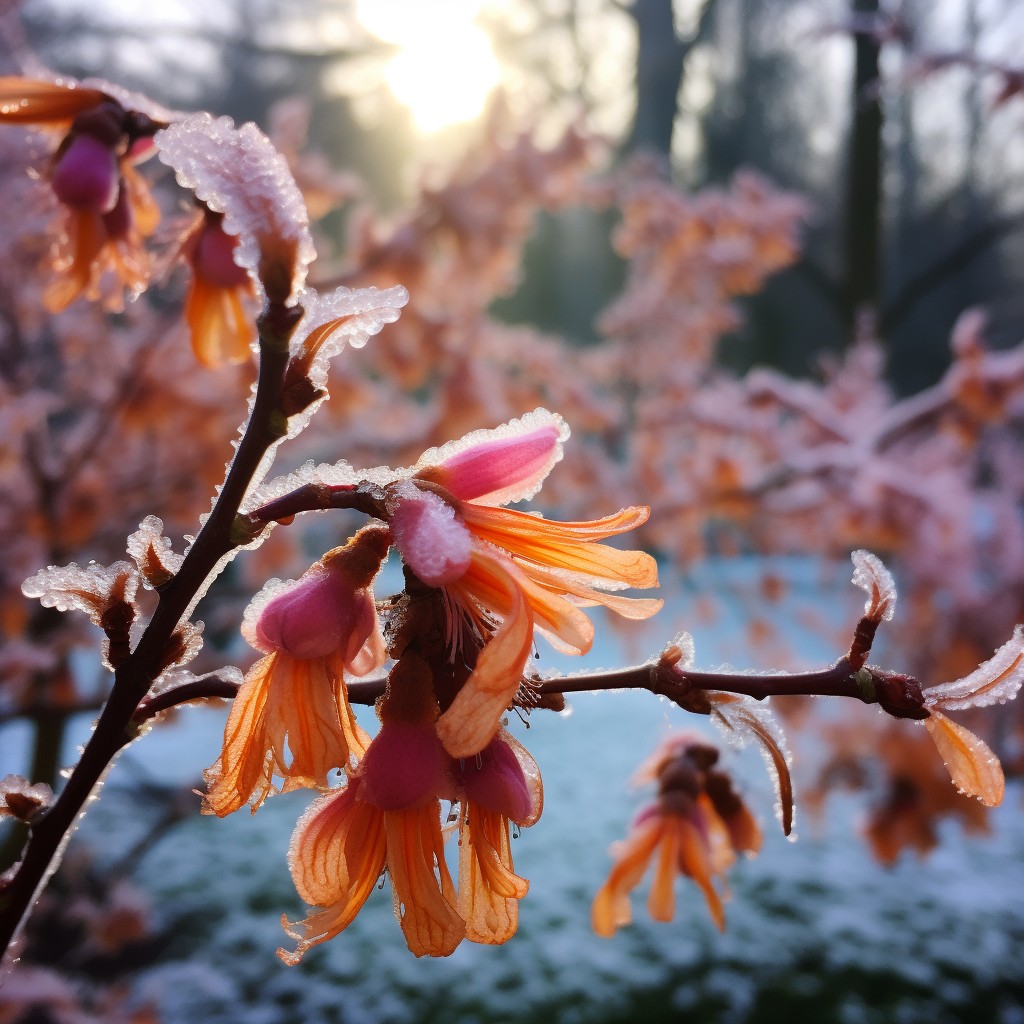
Witch-hazel is like the overachiever of the plant world when it comes to blooming. While most plants show off their flowers for a modest two weeks, witch-hazel decides to steal the show for an impressive eight weeks or more. It’s not your average winter flower; it starts the blooming party when others might still be waiting for their invitation. Even if the temperature decides to play a little game of ups and downs, witch-hazel is cool with it.
Hellebores
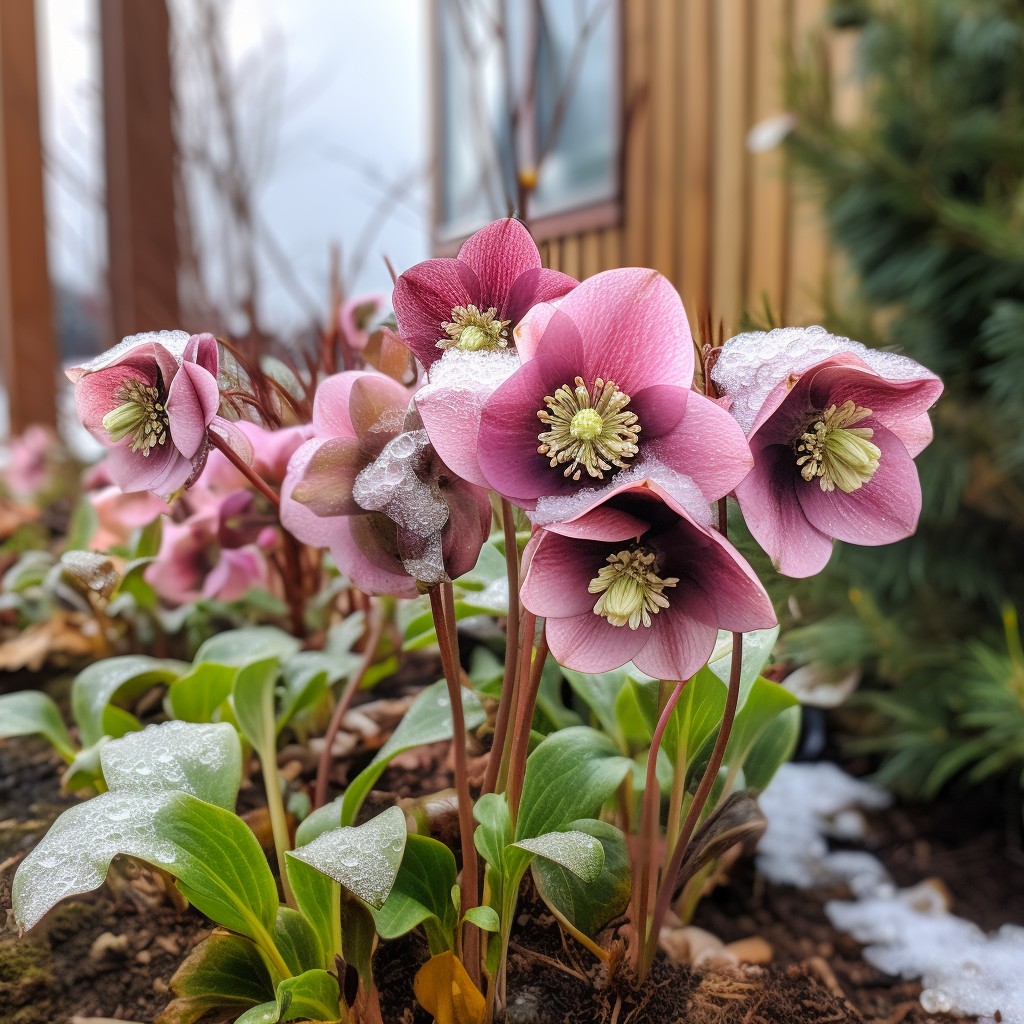
Hellebores, affectionately known as the “Lenten Rose,” are the quiet heroes of late winter, emerging subtly to remind us of the promise of warmer days ahead. This genus, comprising around twenty species of herbaceous or evergreen perennials, is a resilient bunch.
Even when faced with the harshness of winter’s snow and frost, these plants gracefully bounce back as soon as the first rays of spring sun kiss them. Their long-lasting blooms, coupled with low maintenance, make hellebores a perennial favourite.
Winter Aconite
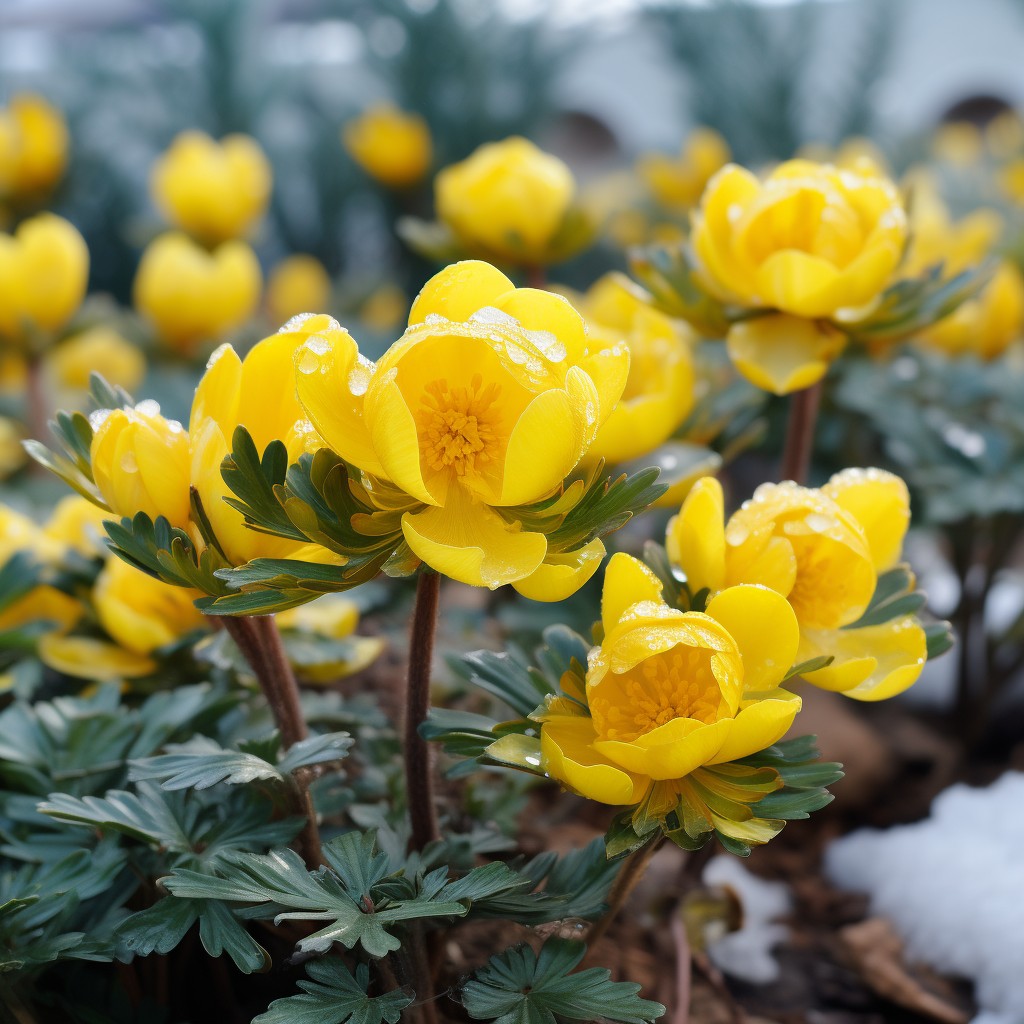
Welcoming spring with cheerful clusters, the winter aconite stands out as one of the earliest bulbs to bloom. Hailing from Asia Minor and Europe, this plant boasts small flowers reminiscent of delicate buttercups. As the winter recedes, these vibrant clumps emerge, signalling the imminent arrival of the much-anticipated spring season. The winter aconite’s sunny disposition and early appearance make it a charming herald of the winter delights.
Camellia
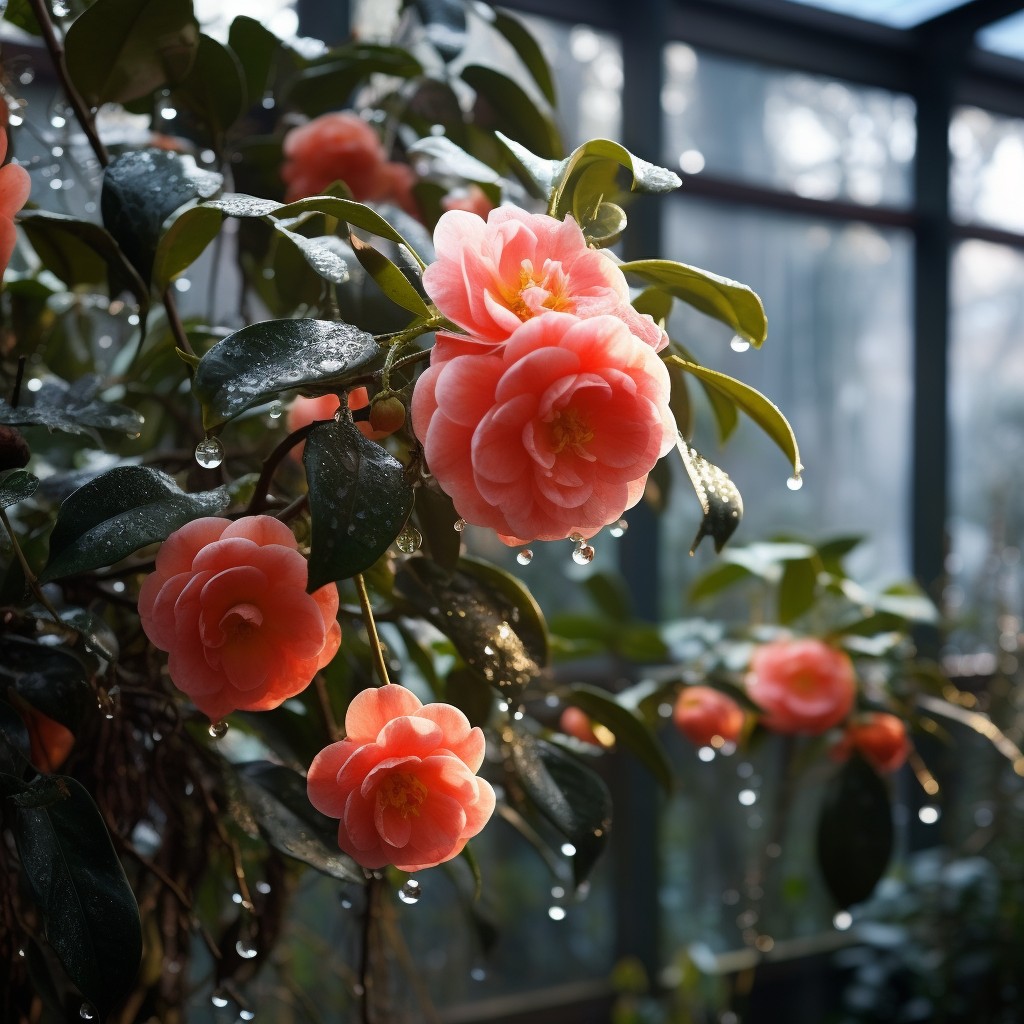
Camellias, often dubbed the “Roses of Winter,” don’t earn this title for their affinity for frosty weather; they have an impressive blooming span, lasting from September to May. These resilient beauties can withstand surprisingly low temperatures in winter, especially when shielded from chilling winds during brief spells of freezing conditions lasting 3 or 4 days. They also exhibit remarkable hardiness. Sporting magnificent, voluminous blooms, camellias have the fragrance and look of roses.
Mahonia
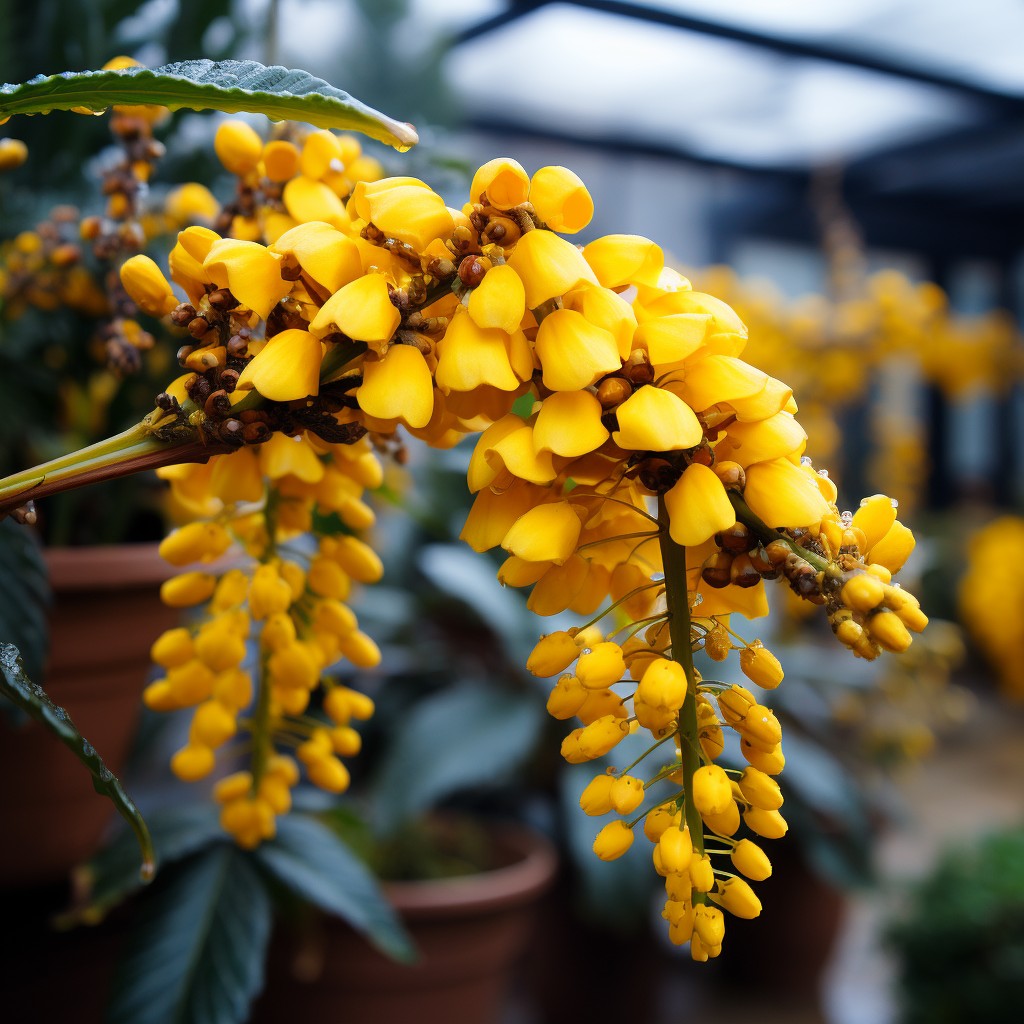
Mahonia is a winter-blooming marvel. These evergreen winter-flowering shrubs have striking yellow blooms that add a touch of vibrancy to any garden, no matter how snow-filled and barren. They have large, glossy, spiky green leaves that grow in pairs and can even adopt reddish hues during the chilliest winter months for that beautiful contrast of colours.
Cyclamen
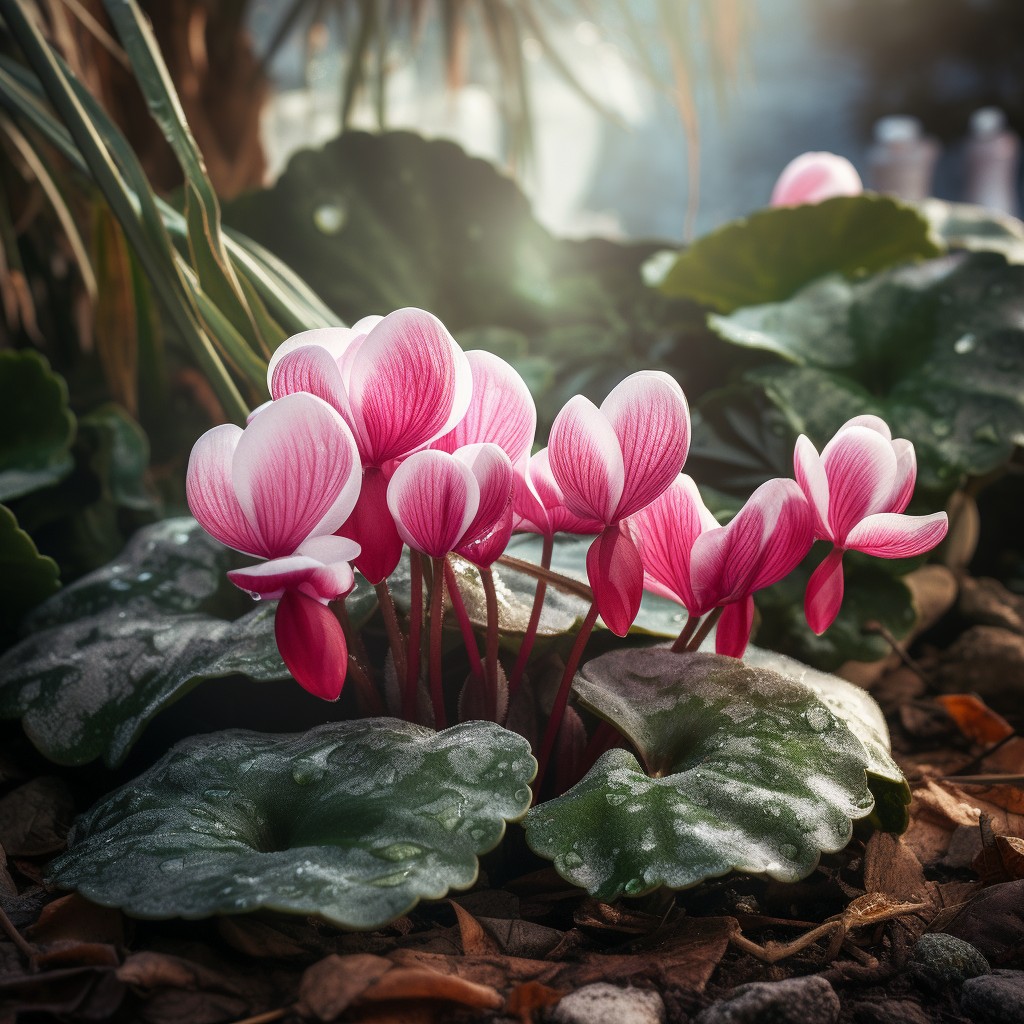
Cyclamen thrives in cool temperatures and enjoys bright indirect light. Adapted to a Mediterranean climate, this plant enters its growth phase in autumn, blooms during winter or early spring (the rainy season), and then goes dormant throughout the entire summer, which is hot and dry. They have become quite popular for the holidays (even cited as Christmas flowers!) and have beautiful pink blooms to create that holiday cheer.
Daphne
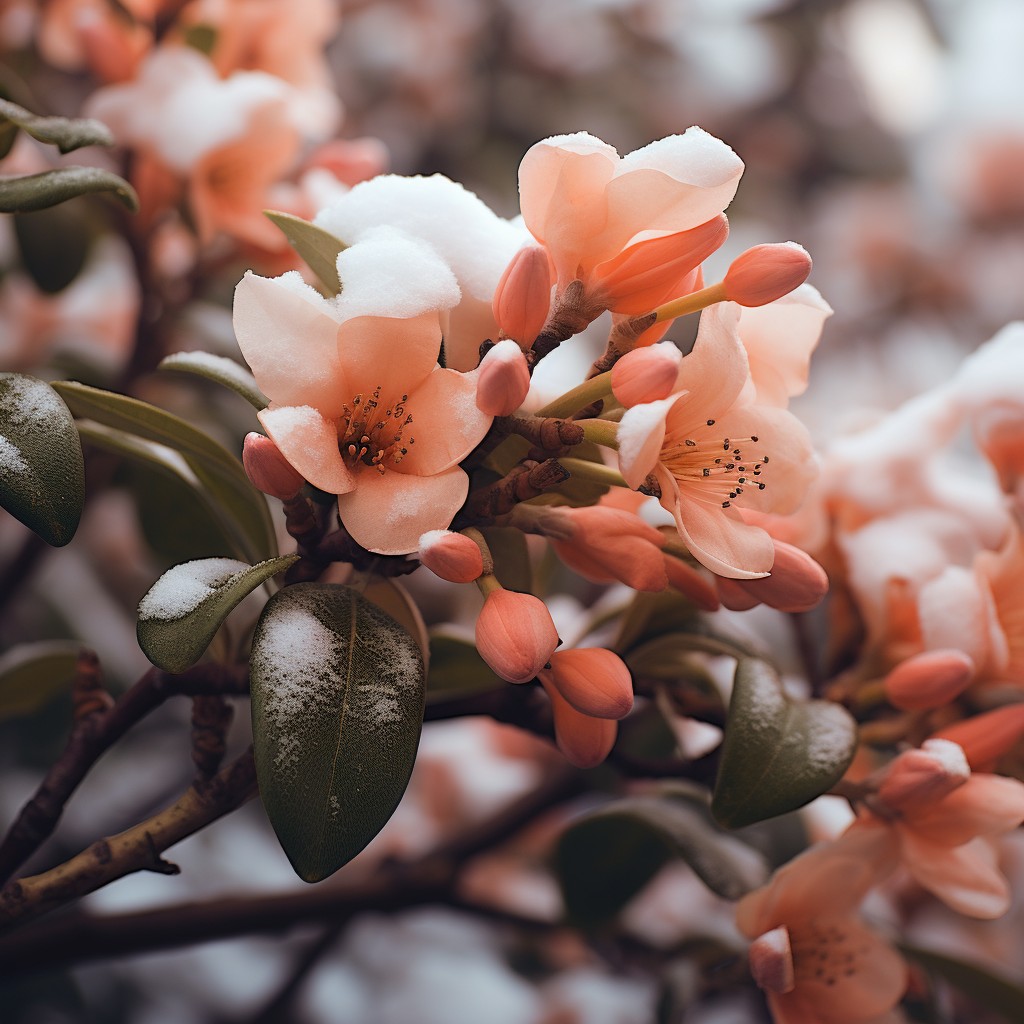
Winter Daphne is a delightful, fragrant winter-flowering shrub that enhances garden beds and borders with its evergreen charm. Its small, usually fragrant flowers come in a range of colours, including white, pink, lavender, yellow, or chartreuse. These blossoms are often produced in small clusters, creating a beautiful display along the stem tips.
Snowdrops
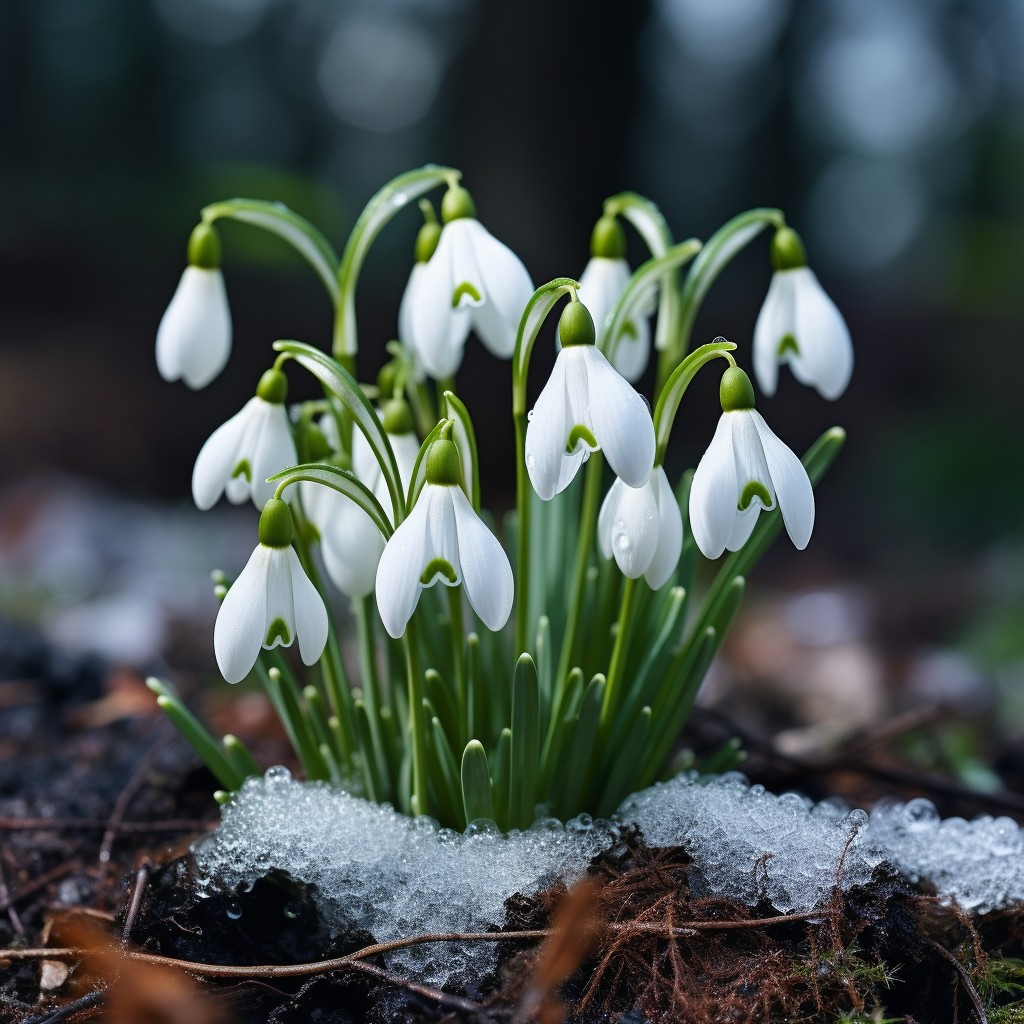
Snowdrops are resilient perennials that bravely announce the arrival of spring, blooming as early as January and February. These petite wonders stand between 7 and 15 cm tall, featuring delicate white bell-shaped flowers at the end of an upright stem adorned with two to three leaves. The snow-covered ground can deter these early bloomers from making a cheerful appearance.
Winter Jasmine
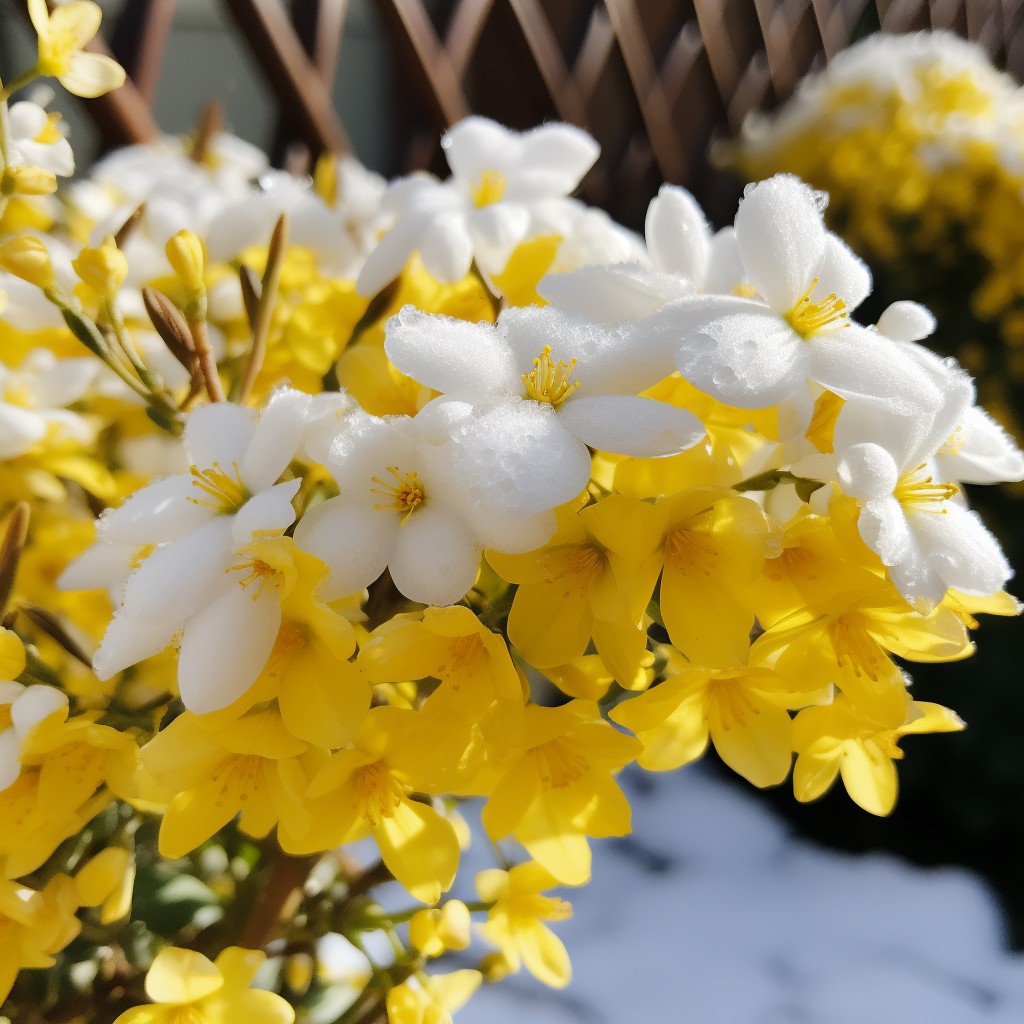
Winter Jasmine is the unsung hero of winter, bursting into a profusion of blooms when most plants are in dormancy. This vining, deciduous shrub is a resilient beauty, standing three to four feet tall and twice as wide. What makes it even more enchanting is its tendency to showcase star-shaped flowers before the arrival of foliage, adding a burst of colour precisely when your garden needs it most'during the dull winter.
Glory of the Snow
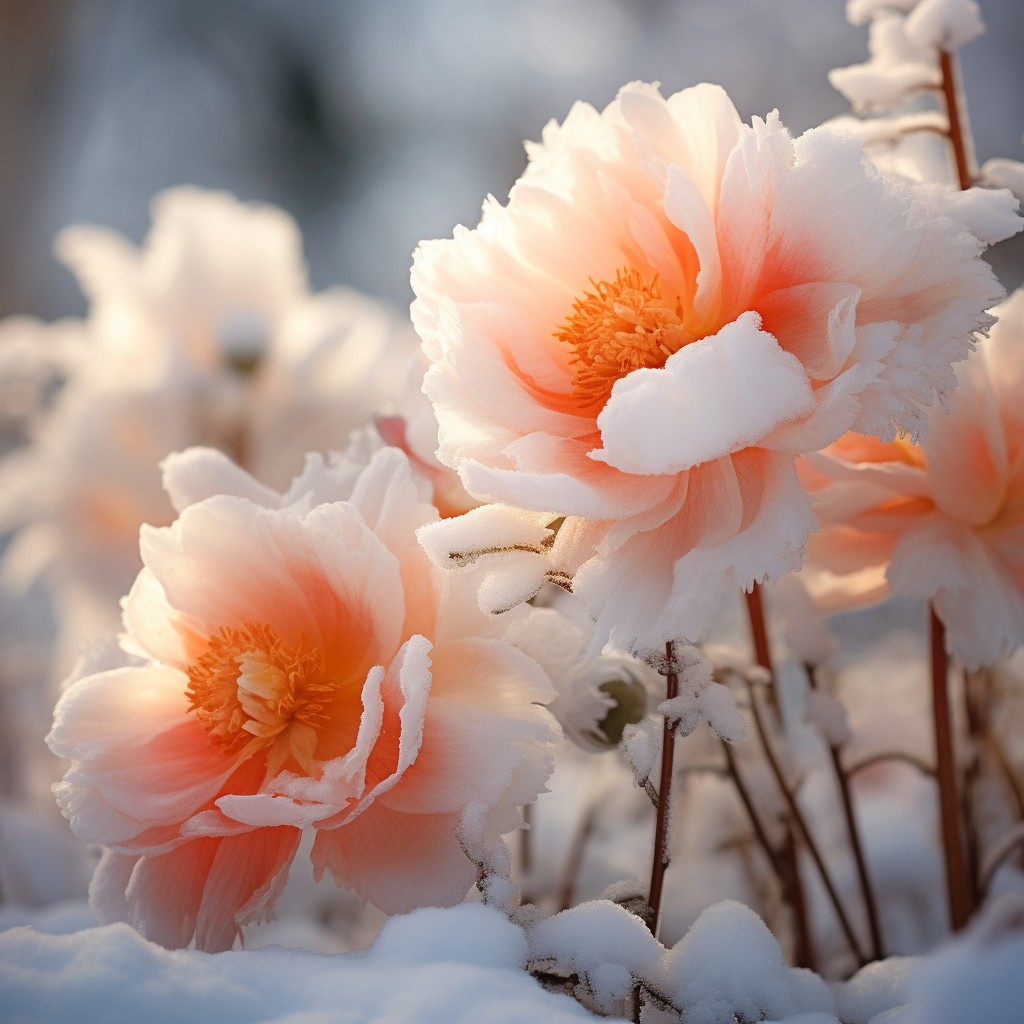
Glory of the Snow, or Chionodoxa, is like a magical carpet of flowers that pops up early in spring. These bulbs produce beautiful star-shaped blooms in a lovely shade of blue, with a lighter centre that adds a delicate touch. The flowers face upward, giving them a charming and almost transparent look. It’s a wonderful way to welcome the beauty of spring in your garden!
Colourful Flower Blanket for Winter Charm
The frosty season can bring a lot of chill to the season and the soul, but our guide to the top 17 winter flowers is here for the rescue. Bid farewell to the monotony of winter and usher in a season of floral delight. With perennials like Hellebores and the early blooms of Snowdrops, your garden becomes a canvas of nature’s artwork, promising warmth and colour even in the coldest of months.
Plants always add a sense of cheer to the atmosphere, but these winter flowers are a promise of warmth that defy the conventional notion of barren winter landscapes. Convert your garden into a testament to the perennial beauty and wonder of nature.
Want some more inspiring home decor ideas? Get in touch with our experts at Interior Company, crafting bespoke and livable designs for you and your loved ones.
*Images used are for illustration purposes only. Interior Company does not hold any copyright to the images unless mentioned explicitly.*
Ready for a home transformation?
Let our designers assist you!
Recent Posts
While some winter flowers thrive in colder climates, many varieties are adaptable to a range of climates. Take a look through our guide to find the best option for your specific region or preferences.
Plant winter flowers in the fall to allow them to establish their roots before colder temperatures set in. This ensures they are ready to bloom during the winter months.
Many winter flowers can thrive in containers, offering flexibility in garden design. Ensure containers have proper drainage, and choose flowers that suit the size of your pots.
Use protective coverings like frost cloths or blankets on particularly cold nights. Mulching around the base of the plants helps retain soil warmth and insulate roots.
Yes, flowers like Winter Jasmine, Hellebores, and Mahonia can attract pollinators even during the winter months, providing essential support for local ecosystems.
Related Category
- Door Design
- Exterior Design
- Indoor Plants
- Outdoors




























